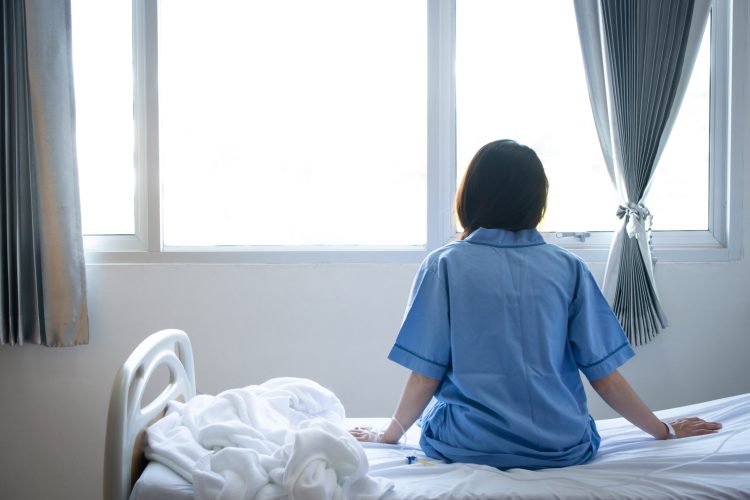Speaking to another amputee can make a real difference to your recovery and ease your concerns. We call this type of assistance Peer Support.
Following surgery, you will need time to recover. It is also a time to set goals about your journey ahead. Here, we help to guide you through the process to navigate your pathways forward.
Effectively managing your short and long term health will lead to better outcomes and prevent future problems.
Getting the right kind of prosthesis to suit your lifestyle needs and daily level of activity is important.
People are often concerned about the costs involved in getting a prosthesis. In Australia, there are a number of different funding schemes and it can be easy to get confused and to know what you are eligible for.
People can experience grief and loss in a variety of ways after an amputation. Any feelings of grief and loss can occur prior to an amputation, after one, or at any stage during a person’s life. It is important to realise that some people don’t experience any grief or loss after an amputation, particularly if the procedure was made to resolve a problem (e.g. chronic pain or after many unsuccessful surgical attempts to save a limb).
Grief is a normal human response to losing someone or experiencing a traumatic event. People who have undergone an amputation, regardless of the cause, can also experience grief for the loss of their limb/s. Grief can also have a emotional impact on people.
Some people may grieve the loss of their limb for weeks or months, while for others the feeling of grief may last years; grief and has no set time frame. Grief can affect people in different ways and is individual to the person. Understand that the feeling of grief and loss is normal, try to be patient with yourself and allow yourself the time you need to grieve the loss of your limb and adjust to your ‘new normal’.
Many people go through what are called the ‘stages of grief’.
These can include:
Not everyone experiences each of these stages, they may only experience some of them, and not necessarily in a particular order. Working your way through a grief process is personal and individualised. Some people can feel stuck in some stages, while others move back and forth between stages during their recovery. As an amputee, it’s important to remember that you are not alone.
Grief can affect many parts of your life including your sense of self and your identity. Grief and loss can impact your relationships with others, your physical health and your emotions. You may find that your ability to sleep is affected (too much or too little sleep), your appetite changes, you experience physical pain and general discomfort, you have increases or decreases in body temperature, or other physical changes.

If you are experiencing the physical and emotional impact of grief and loss following your amputation it is important to talk to a member of your healthcare team or your local doctor. You may like to speak to a trained counsellor to help you deal with your emotions. Your doctor can assist you with arranging a ‘mental health care plan’ and refer you to a healthcare professional, such as a psychologist. Visits to a healthcare professional can be subsidised via Medicare or sometimes through private health insurance companies. Talk to the people in your life about how you are feeling. Stay connected to your friends. Share your thoughts with loved ones as this will help you deal with the changes of how your body looks and feels.
Limbs 4 Life can arrange for you to speak with one of our trained Peer Support Volunteers or join a Peer Support Group. A peer is a person who is also an amputee and available to offer practical, social and emotional support because ‘they’ve been there too’. You may also want to join Limbs 4 Life’s online Facebook support group, where you can connect with other amputees across Australia.
Moving through the grief and loss process may take time. If you, or someone you know, needs immediate support or is in danger contact 000. Or, if you are trouble coping with your emotions and want to talk to someone quickly you can contact:
Lifeline
Call 13 11 14 or visit www.lifeline.org.au
Beyond Blue
Call 1300 22 4636 or visit www.beyondblue.org.au
Headspace (younger amputees)
Visit www.headspace.org.au to find your nearest headspace centre or join the online support service
Sane Australia
Call 1800 18 7263 or visit www.sane.org
Open Arms (veterans and families)
Call 1800 011 046 or visit www.openarms.gov.au
Read more information about mental health support
Read this article as a PDF
Keep up to date with our latest news, events and information
